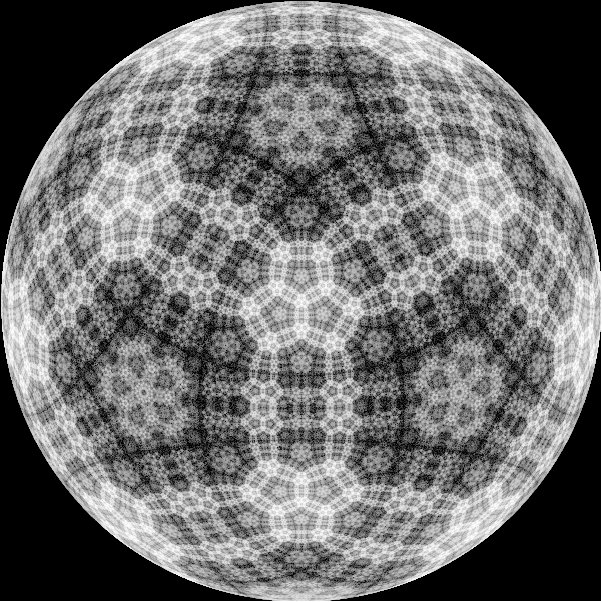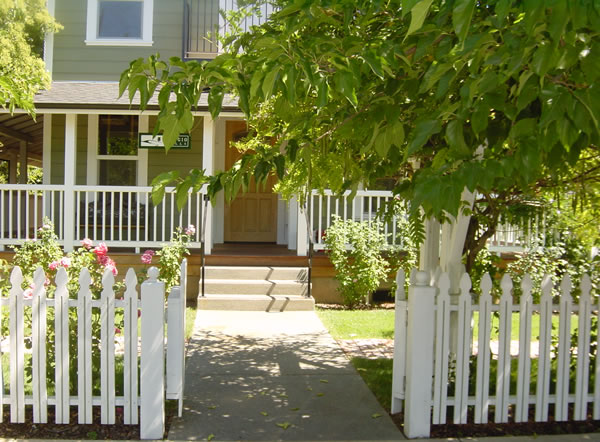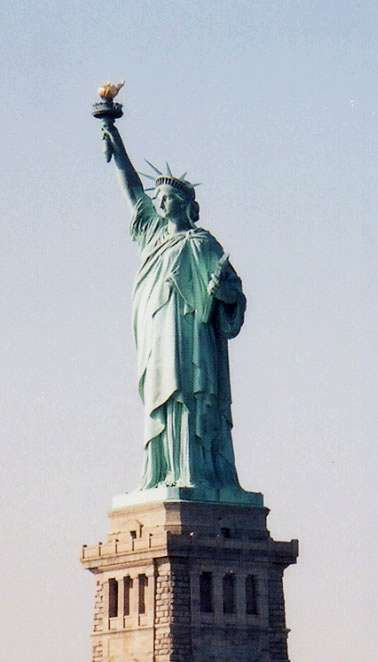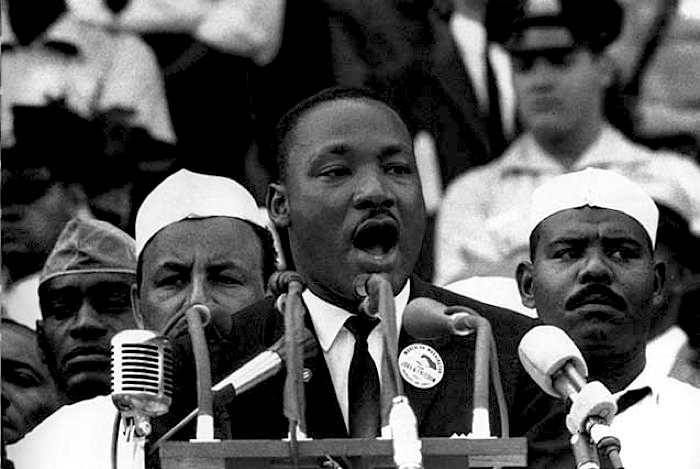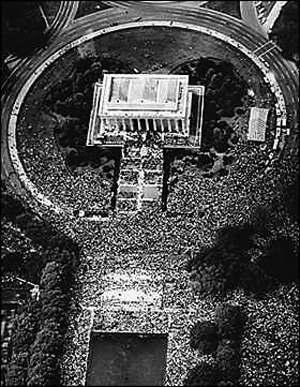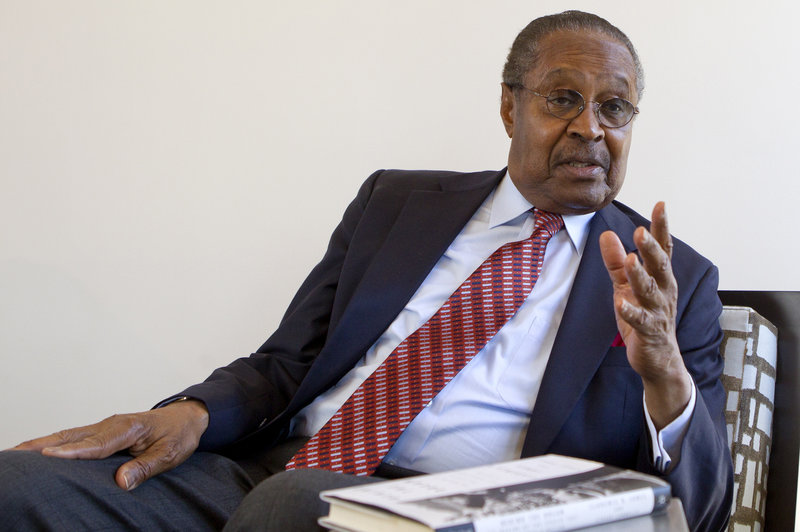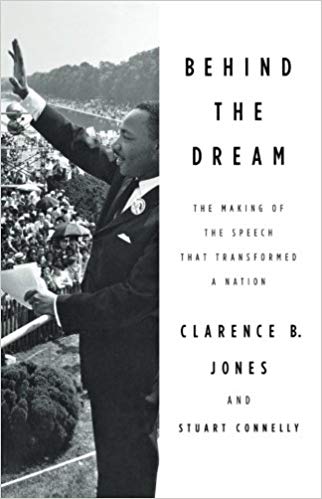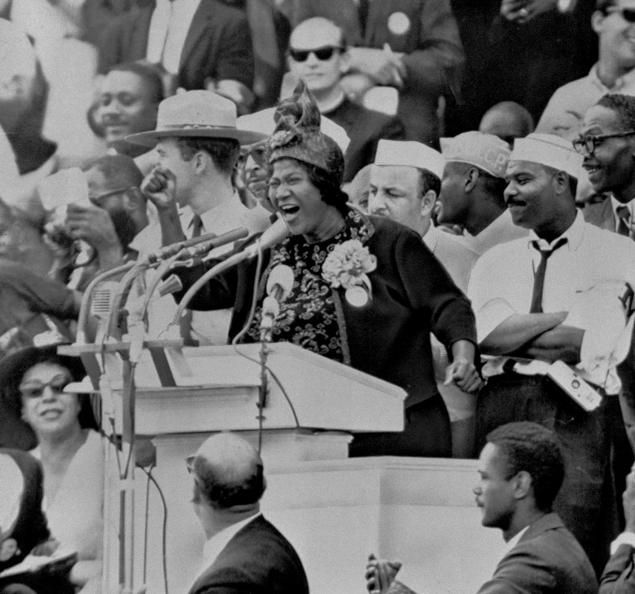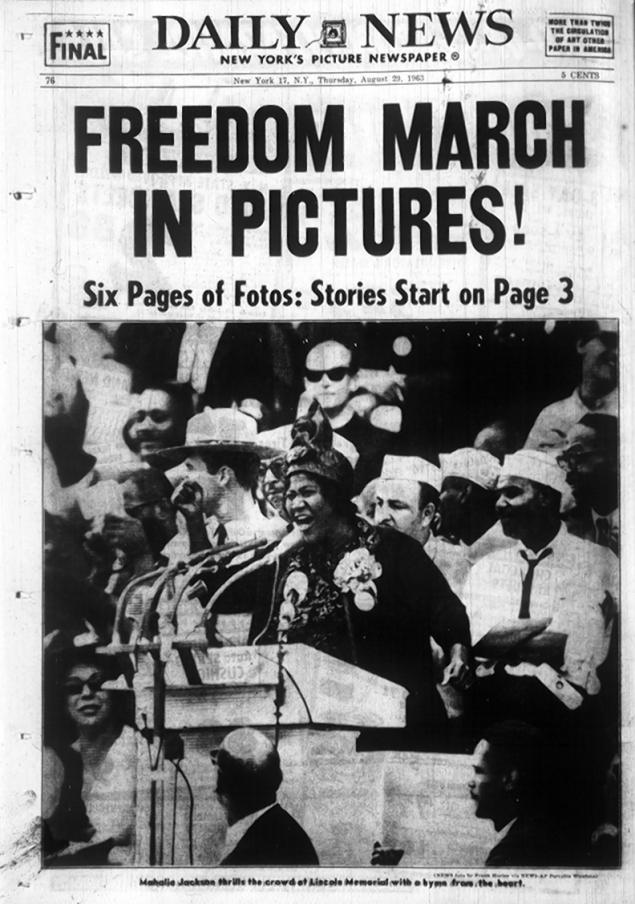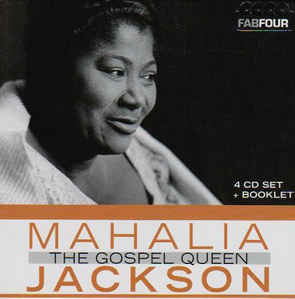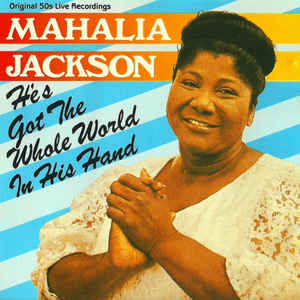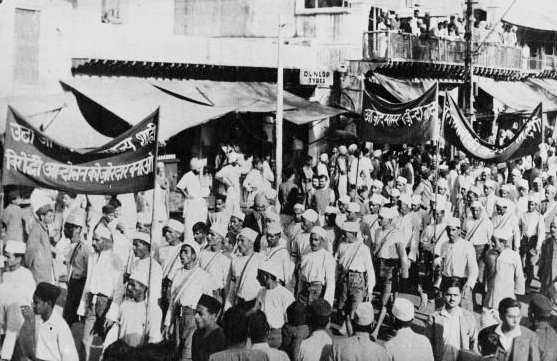
Instructional Materials for Craig White's Literature Courses
coursesite:
http://coursesite.uhcl.edu/HSH/Whitec
URL for this page:
http://coursesite.uhcl.edu/HSH/Whitec/INST/Dream.htm
|
The American Dream?
|
"The Dream" and the American Dream
or Is Dr. King's "I Have a Dream" the same as the American Dream? presenter: Craig White, professor, Literature Friday Morning Continuing Education Series, 3 May 2019
Martin Luther King, Jr., "I Have a Dream" (1963) Langston Hughes, "Harlem" (1952) Mahalia Jackson sings at March on Washington Clarence Jones on Jackson & King
Martin Luther King, Jr., "I Have a Dream" speech King's "I Have a Dream" at Detroit, 23 June 1963 |
The Dream?
|
Questions to discuss (& start answering)
![]() What is the
American Dream? What symbols or
narratives (stories) do we identify with it?
What is the
American Dream? What symbols or
narratives (stories) do we identify with it?
![]() What are the
origins of the American Dream and the Dream?
What are the
origins of the American Dream and the Dream?
![]() What is or
was Dr. King's Dream? How does "the Dream" differ or stand separately from the
American Dream?
What is or
was Dr. King's Dream? How does "the Dream" differ or stand separately from the
American Dream?
![]() Memories of
Dr. King, the March on Washington, or the Civil Rights Movement?
Memories of
Dr. King, the March on Washington, or the Civil Rights Movement?
![]() What is or
was the impact of "I Have a Dream?" (1963 or later).
What is or
was the impact of "I Have a Dream?" (1963 or later).
![]() Is the
American Dream dead or still operative? Does the Dream live?
Is the
American Dream dead or still operative? Does the Dream live?
![]() Are the
American Dream and the Dream two separate dreams, or have they become
interchangeable?
Are the
American Dream and the Dream two separate dreams, or have they become
interchangeable?
Dr. King in November 1963:interview regarding "I Have a Dream":
"I started out reading the speech, and
read it down to a point. The audience's response was wonderful that day, and all
of a sudden this thing came to me. The previous June, following a peaceful
assemblage of thousands of people through the streets of downtown Detroit,
Michigan, I had delivered a speech in Cobo Hall, in which I used the phrase "I
have a dream." I had used it many times before, and I just felt that I wanted to
use it here. I don't know why. I hadn't thought about it before the speech. I
used the phrase, and at that point I just turned aside from the manuscript
altogether and didn't come back to it."
Clarence Jones (b. 1931) lawyer, friend, and speech writer for Martin Luther King Jr.
|
|
Jones, Clarence B. and Stuart Connelly. Behind the Dream: The Making of the Speech that Transformed a Nation. NY: Palgrave Macmillan, 2011.
|
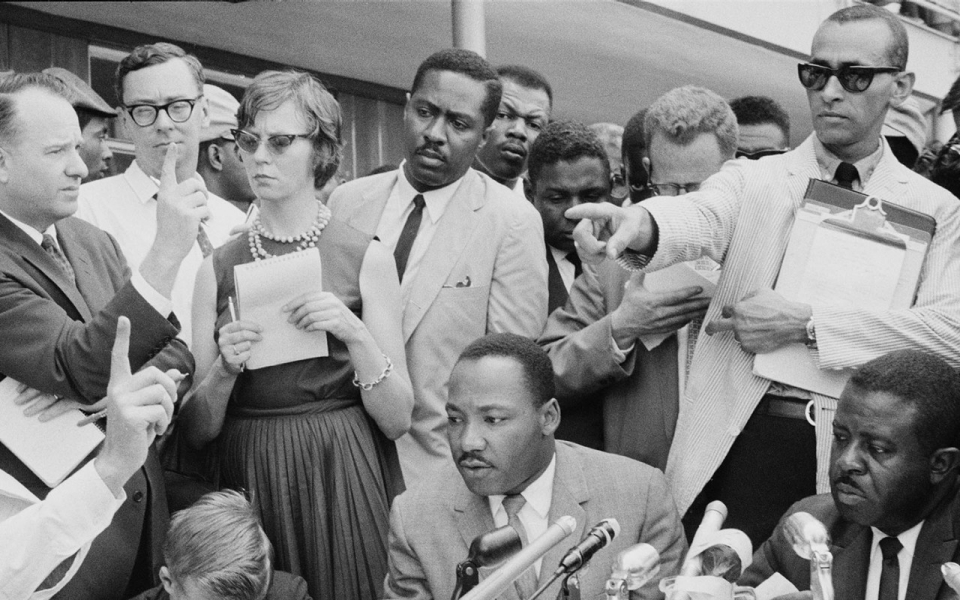
Clarence Jones, immediately behind MLK, 1960s
![]()
Mahalia Jackson (1911-1972)
"The Queen of Gospel"
|
|
|
|
|
|
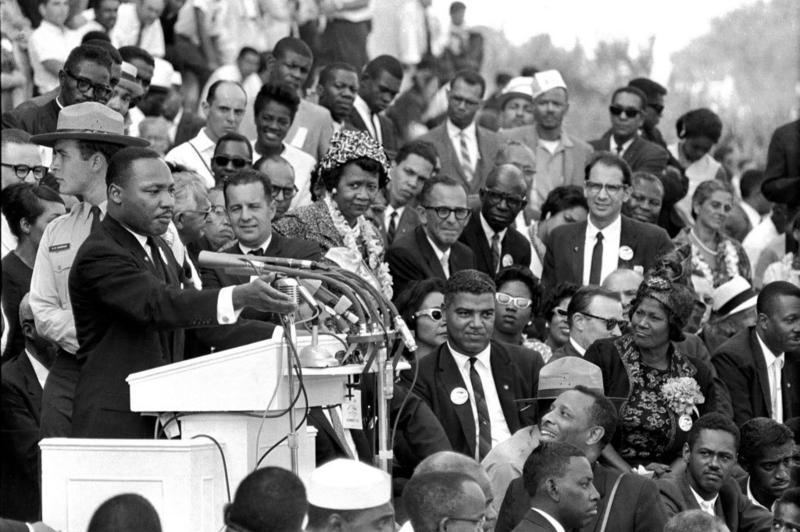
![]()
What about those caps men standing behind King at March are wearing?
|
|
|
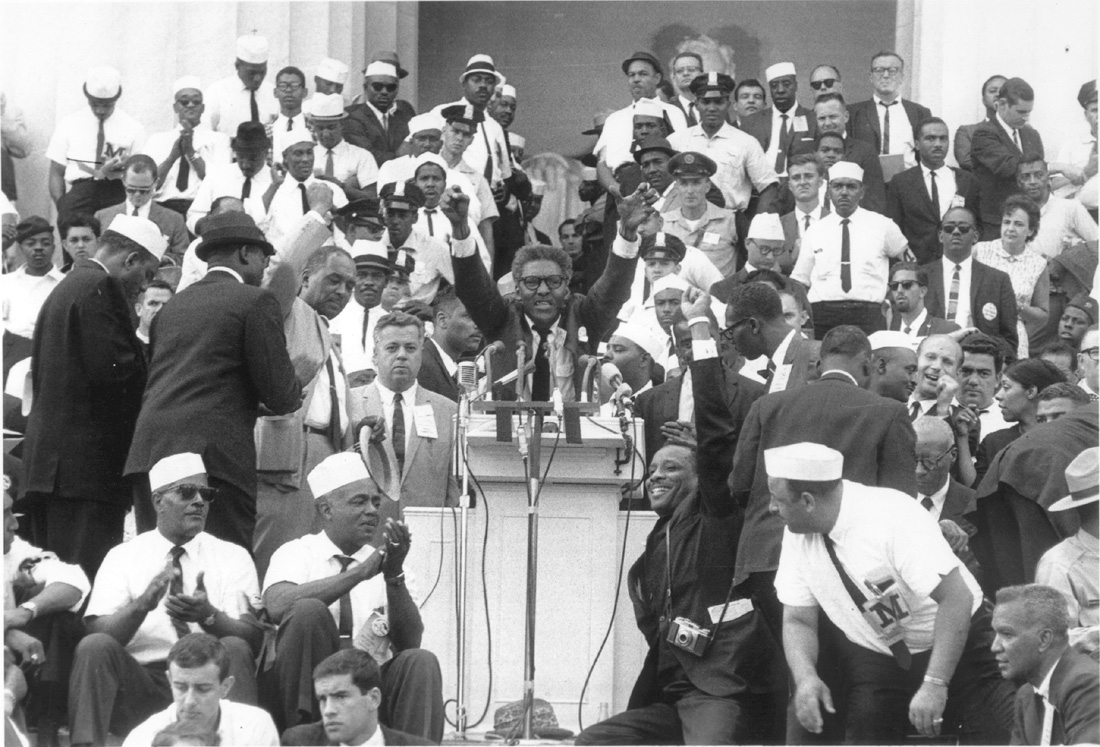
Bayard Rustin speaks at March on Washington, 1963
(Re Gandhi caps: Rustin traveled to India in 1948, King in 1959.)
|
|
|
|
|
|
|
|
|
![]()
![]()
![]()
![]()
![]()
![]()
![]()
![]()
![]()
|
|
|
|
